A new years resolution of mine was to take up journaling: to scrawl and script and sally with not only the page but that which is implicit in journaling, the encountering of our uncharted complexes, traumas and anxieties. For me, many of these unsurprisingly relate to spending twenty-one years in the closet, eleven for which I was aware of my encasement. The opportunity, then, to review Charmeé Taylor’s book Confessions of a Bisexual: An Interactive Memoir rang out kismet. Charmeé, an astrologically inclined influencer, actor, writer and bisexual (who I had the opportunity to interview for this feature), beamed when I told her this.
Easily downloaded, the ebook arrived in my inbox seconds after purchase. That night, I had planned to read a few pages – to get a feel for the text. These intentions, however, were quickly dismissed, as almost immediately, I was charmed in Charmeé’s world. I moved through the memoir, pausing, naturally, with admiration for her courage and by cause, as at the end of each chapter, are “homework” activities – complete with curated playlists. Thus, the title, Confessions of a Bisexual: An Interactive Memoir.
As I finished the PDF, I felt a sapphic serenity falling over me. While there is a clear storyline and progression of self, Confessions of a Bisexual does not demand chronological engagement. Without fail, revelation, baddie spirit, and big sister energy appear within every chapter. We are allowed a vivid image of Charmeé as a child, her aesthetic – all pink velour and Lisa Frank accessories – even then, screaming baby gay. And, as Charmeé moves, from crying at altars and shaking in pews to attending queer events alone and guiding other baby queers on their beautiful, intricate journeys – we join her, reflecting synchronically on our fangled, atrial paths.
Throughout Confessions of a Bisexual, Charmeé is consistent in her integration of us, her audience, within her work; she writes, “The journal is ours. You co-authored a book — congratulations!” – graciously providing us with the safety and warmth that few did for her. Completing the memoir’s tasks, we realise her assertion is true, or somewhat, depending on your stance. Arguably, we conclude with two memoirs, one Charmeé’s and one ours. It would not be incorrect to say that if you engaged with all activities, you easily could have over seventy pages of thought, jumbled as it – I speak for myself – might be.
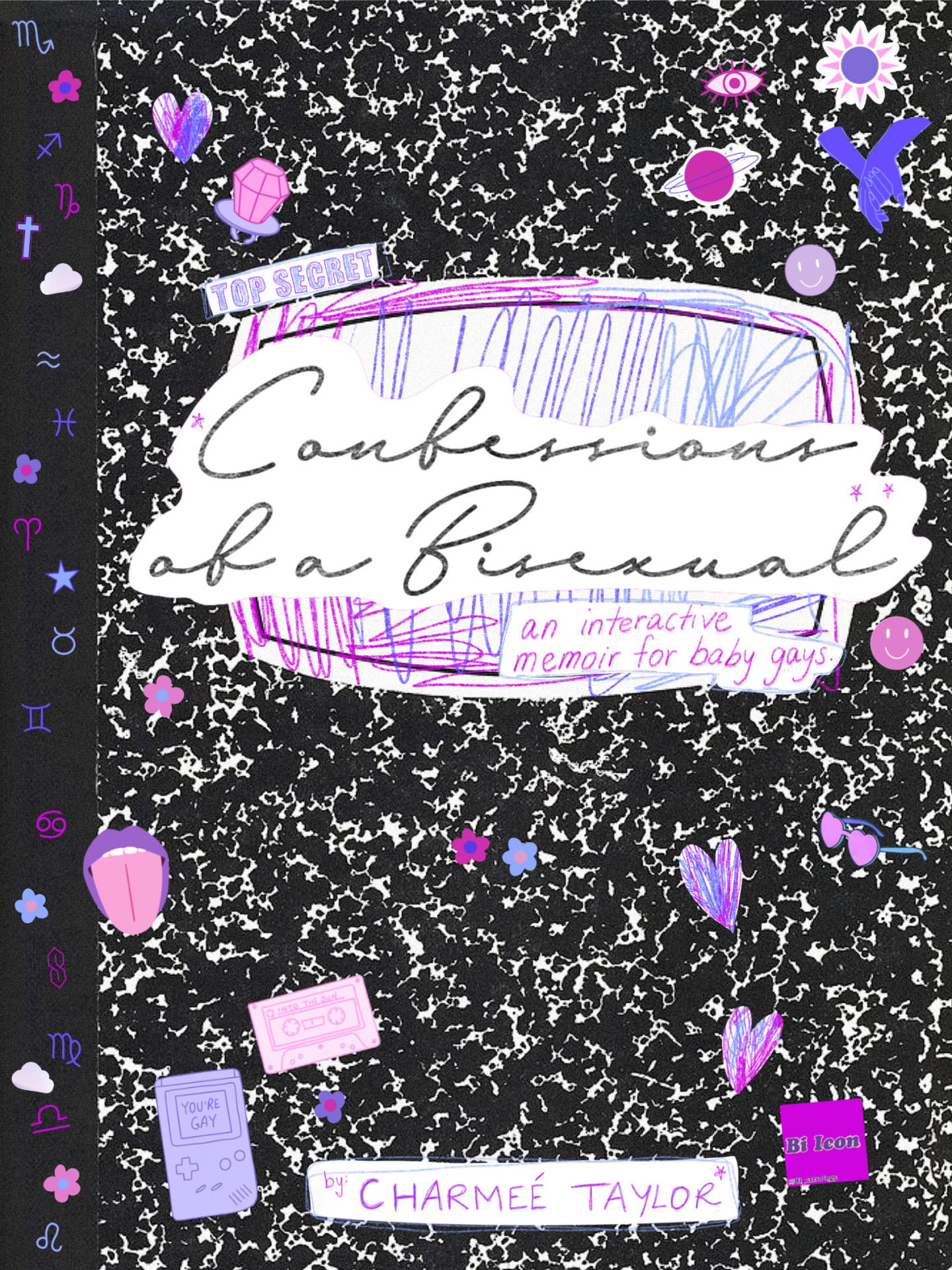
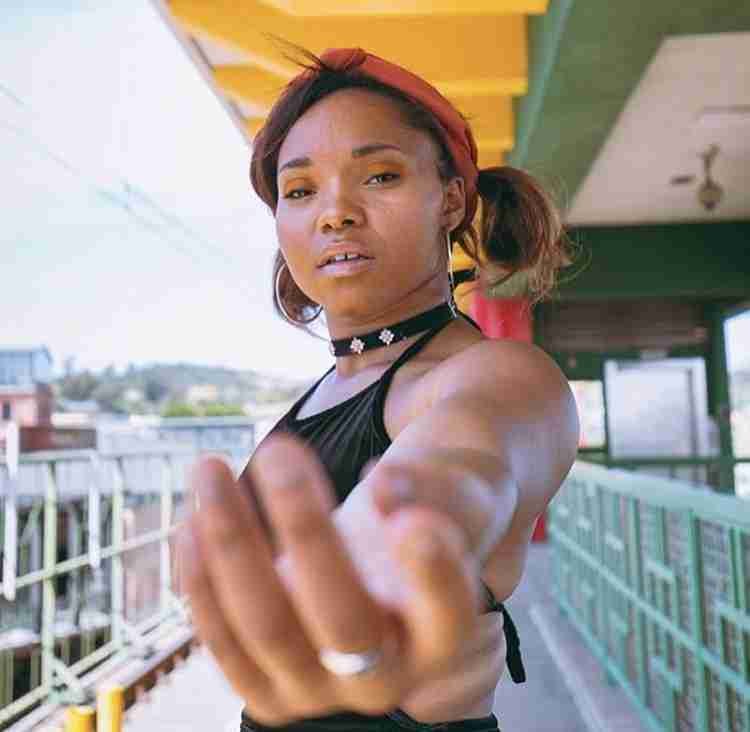
Charmee’s speech is bubbly and welcoming as her writing voice, her big-sister-energy radiating through her smile – and my screen. It is a Thursday evening for me. For LA-based Charmeé, it is 8:30 am.
She gesticulates, speaking fervently with her silver jewellery and teal nail adorned hands. Behind her – are soft cream walls, a Marilyn Monroe poster and plants, lots of plants. Looking at this radiant Scorpio and her biconic interior decor, I struggle to believe she has felt, and feels, such doubt as to what her book so vulnerably shares.
Growing up in a white-majority, high-Christian town in Pennsylvania, Charmeé struggled to find her place. Perceiving her sexual identity as deviance, she wrangled to connect with God and her church. Among her white friends, she struggled to accept her hair texture, the different care it needed. Among her black community, she contested to code-switch fast enough, washing off the perceived white intonations of her speech, aching to do right, to be right, anywhere, somewhere.
“One of my editors was genuinely my therapist as I was writing. So, I would write something. And maybe I wouldn’t wholly process it when I was writing, I would be like, fine, like, oh, you know, I just went through religious trauma, it’s fine.
A lot of my first draft was just me, talking about everything and going through the motions. I think that really helped me to understand a lot of the religious trauma I experienced growing up but also what it was like to be bisexual and repress that whilst growing up in the early 2000s, late 90s. So yeah, writing was extremely cathartic.”
Charmeé’s transparency is characteristic of her writing. Confessions of a Bisexual frankly explores topics such as shame, the struggle to feel queer enough, the imposter syndrome of not having had queer sex, toxic monosexuals, and what really constitutes sexual empowerment. Charmeé’s book is deeply personal – it is a divulgence – it is breaking out of a cycle of purity culture, a toxic interpretation of Christianity, it is honouring her family but recognising the cycles of intergenerational trauma she simply cannot indulge. It is, to allude to one of her chapter titles, a digital and textual embodiment of her desire to feel “queer enough”.
Conversant with writers such as Glennon Doyle, bell hooks, and Sabine Fuchs she moves with speed, almost as though to tell us, yes the past has happened and yes we need to process but, god, come on – we have got far too much living and loving to do to stay there.

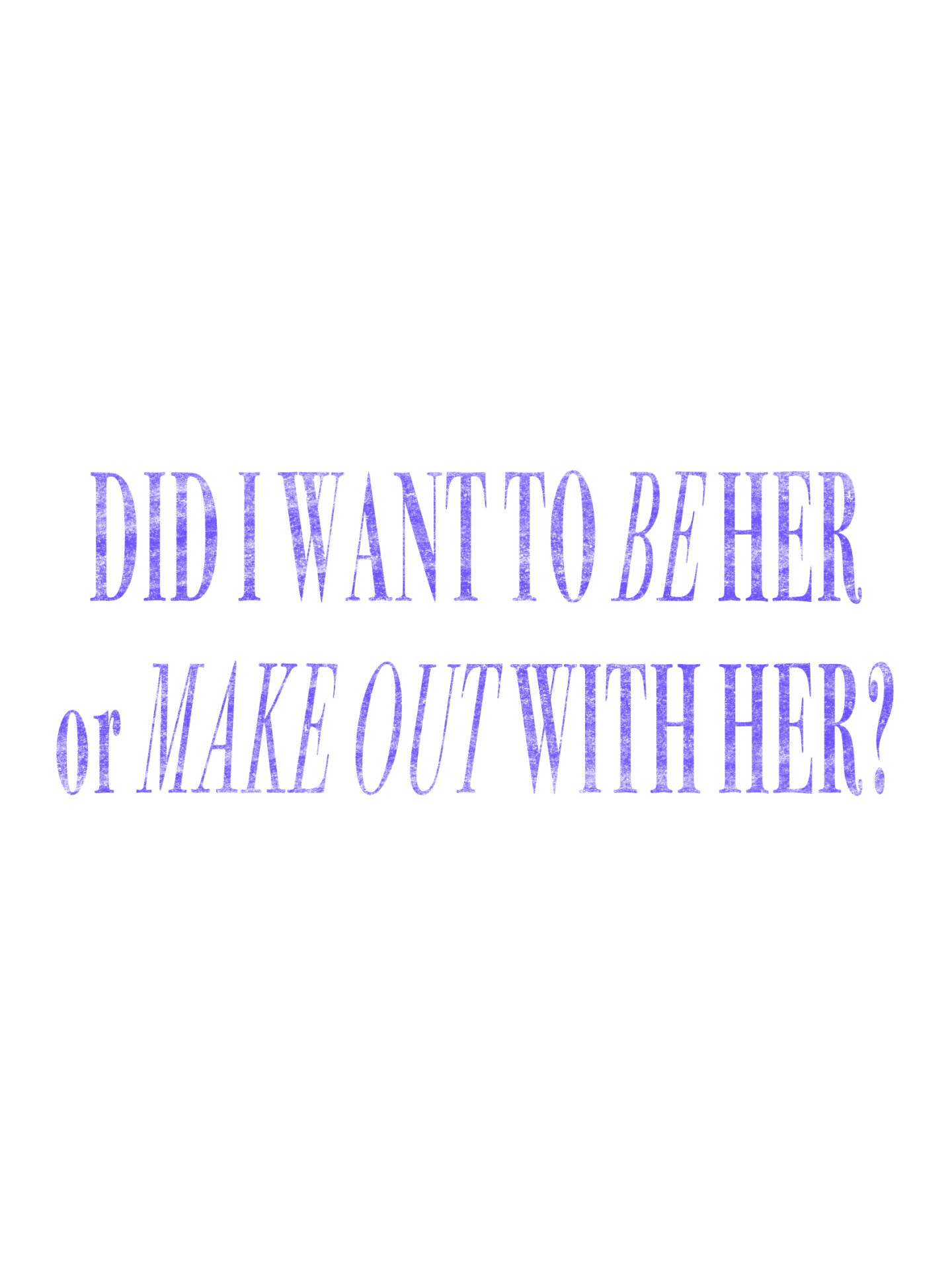

“Growing up as a Black American, one of the many cool things about my community is that it’s very communal, and it’s very call-and-response. This is definitely an aspect of our African ancestry that we bring on to, and bring into our culture in the United States – and that’s kind of the vibe I wanted with this book.”
Charmeé is referring to her choice to make this book not a traditional memoir but an interactive, cross-media creation. The homework activities are insightful and as much a part of the book as the words themselves. For us to progress through the book, connecting wholly to Charmeé and the queer experience, it is not only exigent to engage with the exercises, but quite plainly put, it is fun.
Call and response is a practice to the fore within the queer community. When in a bad apartment situation, I reached out to my community and, innumerable responses poured in. When I see call-outs I can aid with, I do my best as I know all those close to me also do. It is a practice adopted, likely, because the basis of our modern queer community owes itself to the Black community, particularly to Black trans women.
The sentiment of singular, bordered transformation lies adjunct to the queer experience. As people who, generally, are constantly rebuilding, uncovering the liminality of truth and disassembling a yesterday that, despite how we may seem or wish to align with, was always utterly incongruent to our gay ass selves.
This is a memoir, but it is also, very much, a resource book. It is something that would have brought teenage me the sense of belonging and acceptance I sought in so many places – from Wattpad, Tumblr, Amino to the less optimal, Omegle and Chatroulette. It is a book that should be stocked in schools everywhere because every child deserves to see themselves, to be aided.
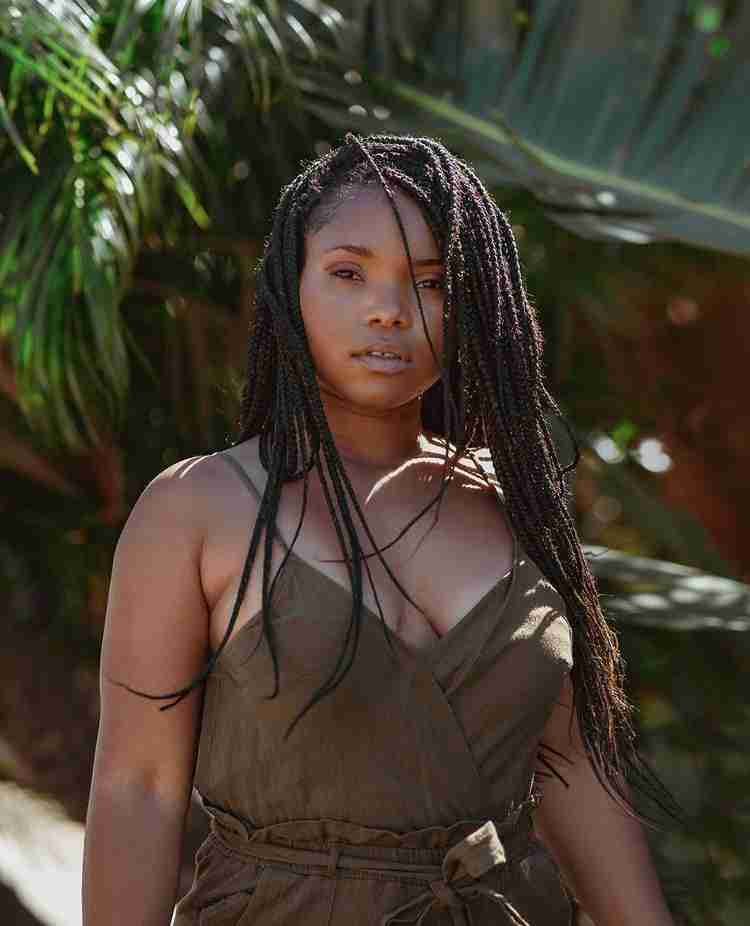
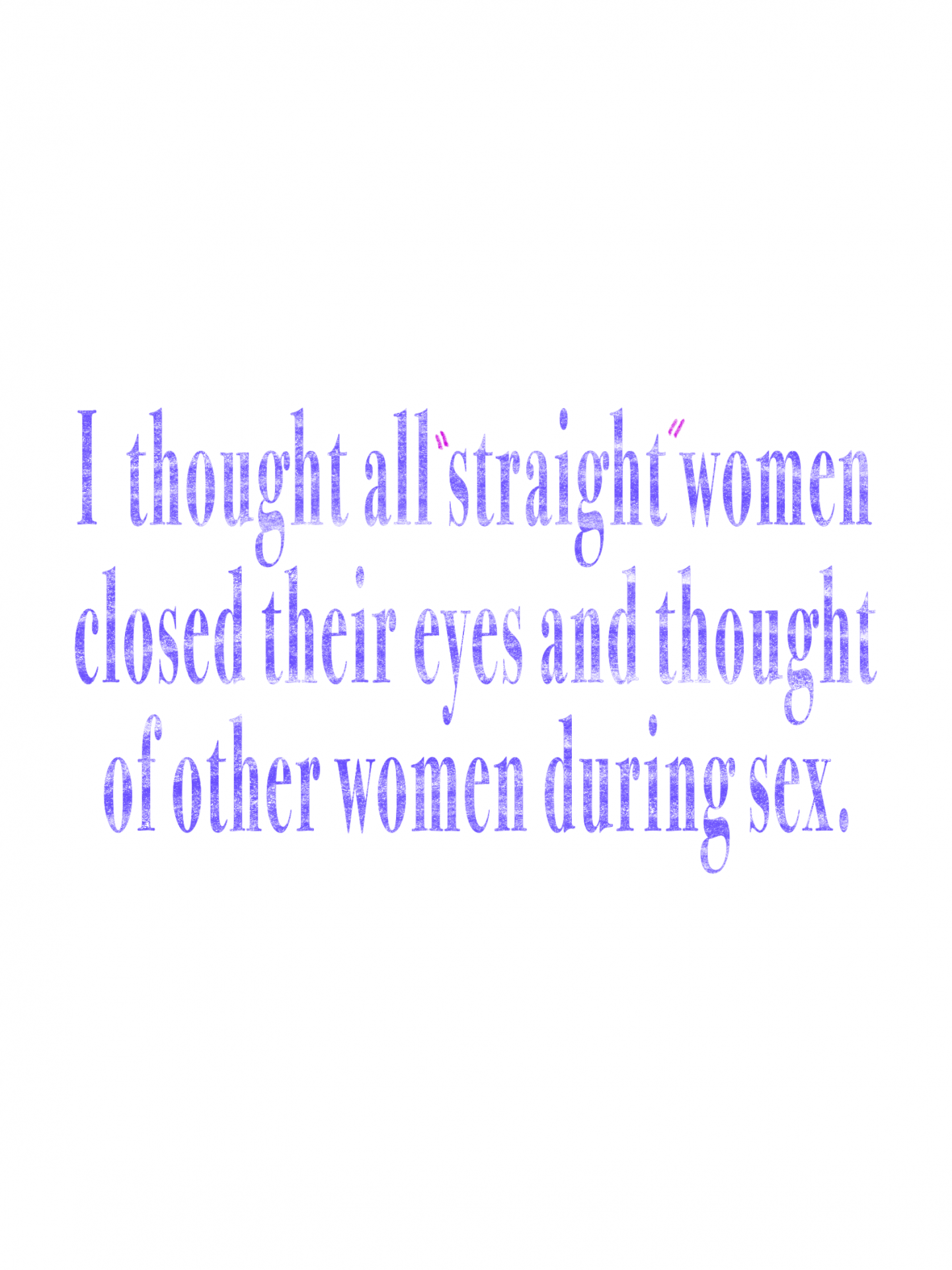
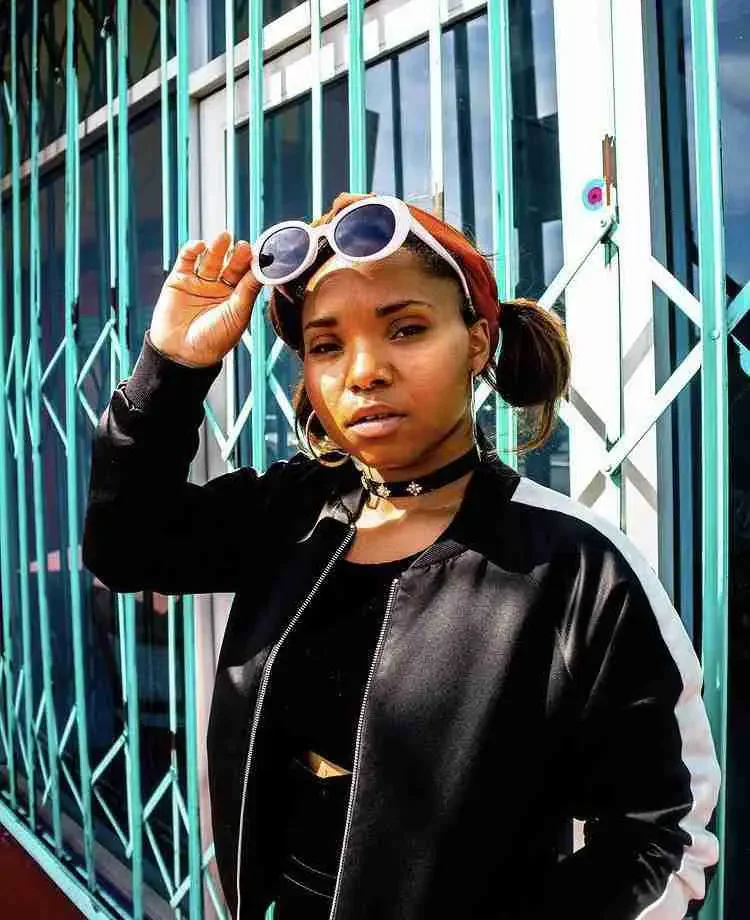
The power of community lies in our capacity to recreate the world, in microcosmic form, how we believe it can look. Charmeé’s world is one in which all queers, of all shapes, sizes, shades and abilities are embraced.
Charmeé recounts her own experience, coming out and entering the queer dating scene at a parallel timeframe to many of her white queer friends. While she encountered thrifty (read: cheap) Sagittariuses and met many a mean lesbian, they had found relationships, almost instantly.
“There’s a lot of racism and fatphobia going on in the LGBTQ community. I feel, often, folks subscribe to certain values and expectations in order to validate their queerness.
The truth is that a lot of our community needs to decolonise their dating preferences. I think it’s really important for every single person in the LGBT community to consider – Hey, why have I only dated this type of person? Am I fetishising people? Am I excluding anyone or any particular community?
We really need to do that work. Because some of us have not done that work. It’s very obvious.”.
Despite the structures of our community being inherently non-Western and non-white, racism, ableism, misogynoir, biphobia and fatphobia – incredibly Western, white concepts – continue to thrive. Before I had entered the dating world, I did not understand how this could be true. Or perhaps it would be more accurate to say that I did not grasp it. Likely because I was the queer Charmeé speaks about. White, thin, conventional-looking, and from the moment I came out, I was in a relationship. Her textual reference to white queers with septums and rose forearm tattoos runs through my mind.
It should not fall back upon those already navigating traumas and oppression to do our work for us. Our society, however, encourages this dynamic, perpetuating oppressive systems of being by forcing members of oppressed groups to consider not their art, career, or general life intentions – but their capacity to survive in their body and identity.

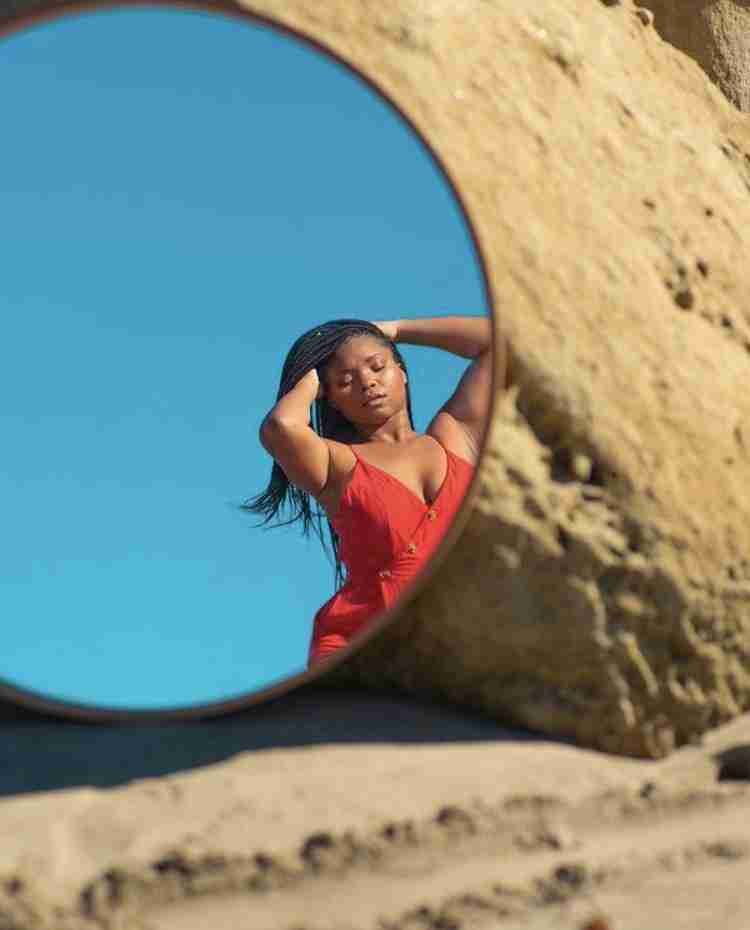
The book flows naturally, moving from negative to positive, reflecting Charmeé’s journey as a baby gay to a bisexual influencer, actor, published writer and queer dating app frequenter.
Charmeé captures the conflict of American culture, puritanism and a desire to profit, unendingly and immeasurably, from sex, an aversion to difference unless incorporated into or beneficial to the perceived safe bodies of the white and thin, an unwillingness to admit the violence caused by all of it, that kindness does not outweigh profit.
Charmeé is a Scorpio, with a Leo moon and a Gemini rising. Those words may mean nothing to you, but to me and many others affiliated with the grammar of the stars, it makes her, to simplify things maddeningly, passionate, extroverted, a verified baddie – to paraphrase Saweetie, hers is a pretty bitch chart.
While astrology references within the book glide against the surface of zodiac annals, Charmee’s chaotically curated IG posts weave in and out depth, sublimating and maximising with a verbally lateral fervour. Featuring TikTok compilations, text posts, astrological hot takes, and just the right amount of controversy (i.e. are Cancers really all that bad? Personal opinion, yes.)
In these tiny squares, there exists virtual collocations of the themes explored within Confessions of a Bisexual, and seemingly unending opportunity for continued dialogue between Charmeé and her readers. Comments are affirmative and unprecedented in their positivity, yet with Charmeé involved, it’s hard to imagine it existing as anything else. They provoke identification and discussion. The shade is well received, and generally, at least I can speak on behalf of my fellow mutable water signs – true. It calls us out affectionately, allowing us to look at the non-optimal features of our personalities, those which may make us feel odd, as though we can’t do or fit like everyone else is. Charmeé looks at them, rolls her eyes and bullies you gently, in only a way the well-intentioned, pure energy possessing can.
The radiance emanating from this account is arguably the spirit of a fulfilled inner child, who is finally liberated in their truth. It was through this account that her publishing house, Party Trick Press, an organisation centring collaboration, community and storytelling in the modern world. Natahna, co-founder, editing and art director shares,
“As a later-in-life bisexual, I had stumbled upon Charmeé’s Instagram page pretty soon after I had come out myself. She was so good at creating such a vulnerable, warm, safe, and fun space online, I was an immediate fan.
We actually connected in a real way when our paths crossed while I was promoting my most recent poetry collection. Charmeé liked what we were doing with Party Trick and pitched her memoir/workbook idea. Of course, it was a no-brainer to say yes to Charmeé. We were flattered and are still pinching ourselves over the fact that we get to collaborate with someone who we respect and admire so much.”
Her publishers gush, amazed by her creativity.
“The response we’ve received regarding Charmeé’s work has been overwhelmingly positive. And we’re not surprised! Charmeé speaks straight from the heart; she’s relatable in an incredibly wonderful and vulnerable way. Those who find Confessions of a Bisexual through her account, @bi_astrology, are greeted with the neon 90s aesthetic that they know and love. We even had our own fangirl moments following feedback from all-stars like Jen Winston, author of Greedy: Notes From a Bisexual Who Wants Too Much, Six, creator of BlackWomenBeing, and Amanda Montell, author of Cultish: The Language of Fanaticism.”
The collaboration captures the importance of diversifying and decolonising the publishing world, along with the rest of the world. Charmeé’s vision may have been realised, if she worked alone. However, the capacity to work with allies like Megan, fellow queers like Natahna and the many other editors of Party Trick Press, shouldn’t be a privilege and a rarity, but an accessible reality.
In the words of Brene Brown, esteemed social scientist, Scorpio, and a favourite of Taylor’s, defines connection as a relationship from which mutual strength and sustenance is gained, in which every party feels seen, valued and heard. Party Trick Press, @bi_astrology, Confessions of a Bisexual – are not only realised visions and creations, they are communities.
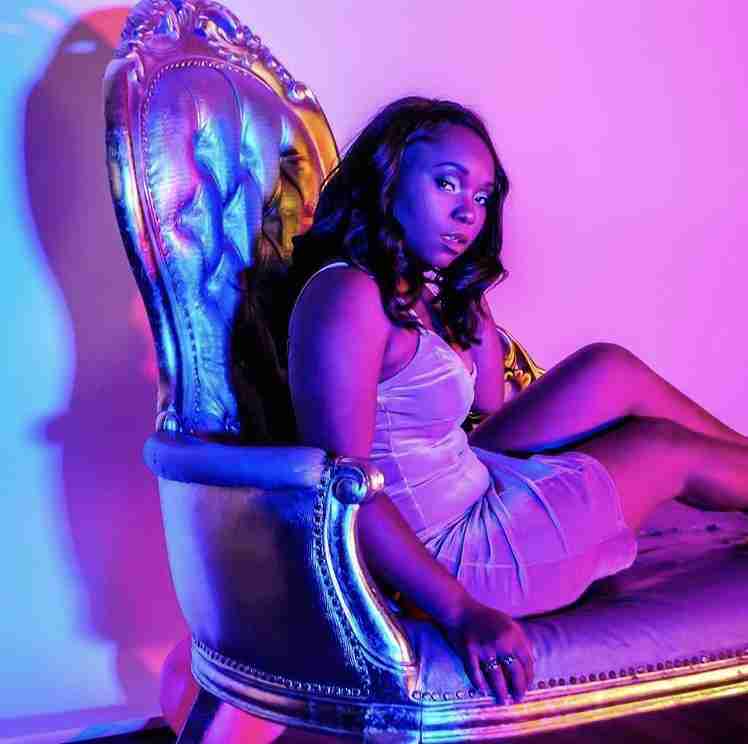
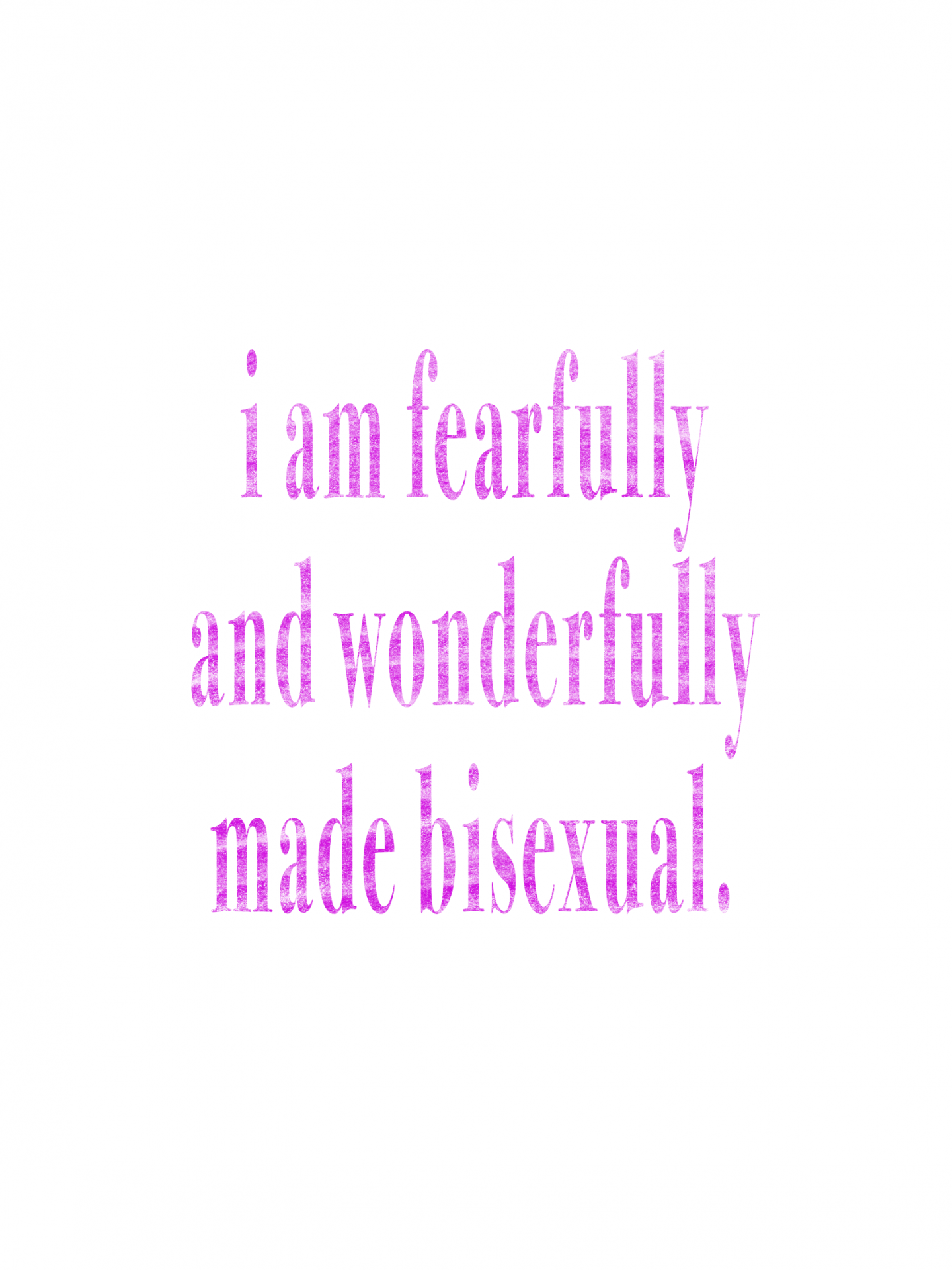
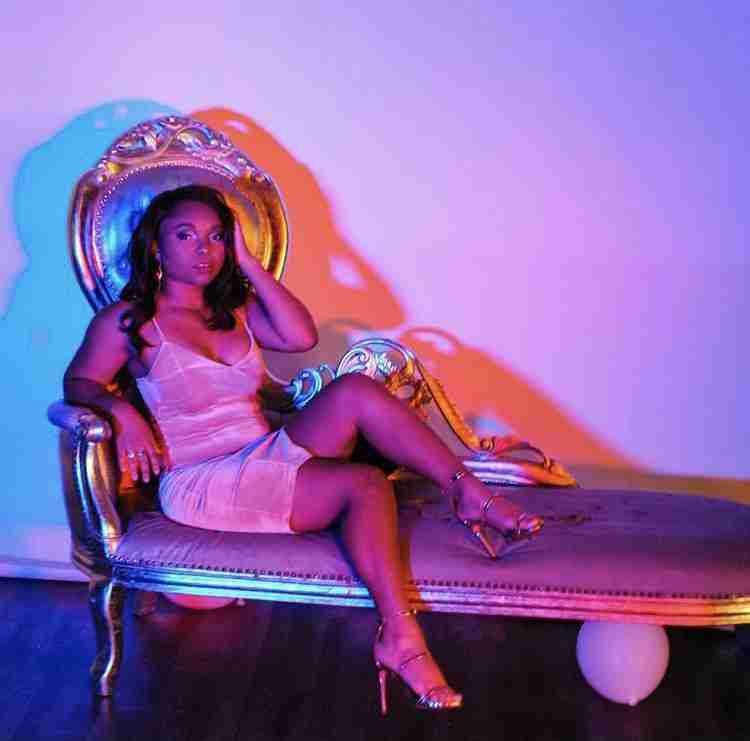
I’ve had a strange feeling lately, which I’m sure many queers or perhaps simply anyone who’s been to therapy will relate to, that there are versions of me that no longer exist. They no longer move through the world with me and – it seems I lost and grieved them, almost without realising it.
At first, I mistook this grief as discomfort, unwanted change, ageing. Confessions of a Bisexual gave me the space to realise that it was all of these things, could be perceived as any – or all – of these things. I share fractures of my journey with you; in Confessions of a Bisexual, your aureate epiphanies await.
Charmeé’s work will open your eyes, again or for the very first time, with hope for the beautiful thing queerness is. Queerness is change, discomfort, culpability, brilliance, difference. It is a space safe for everyone, an identity marker that can truly signify kindness, decolonised, deconstructed kindness – love. It is a community of folks who’ve done the work, who’ll continue to do the work, who don’t see critique as an ego injury but the opportunity to learn.
Find out for yourself. Purchase Confessions of a Bisexual: An Interactive Memoir For Baby Gays.
